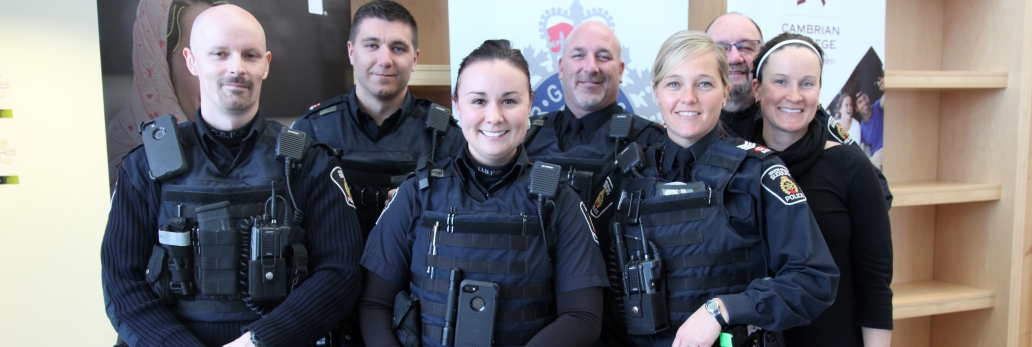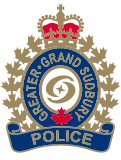
The Provincial Human Trafficking Intelligence-led Joint Forces Strategy (IJFS) members from the Ontario Provincial Police (OPP), Toronto Police Service (TPS), Greater Sudbury Police Service (GSPS) and Treaty Three Police Service (T3PS) shared human trafficking statistics to show the cooperative work of the strategy and the complexity of human trafficking investigations.
Since the IJFS was created in December 2021, the 21 police services have:
- conducted 65 investigations;
- assisted 61 victims;
- laid 72 human trafficking charges;
- laid 167 additional charges; and,
- charged 28 people.
The victims ranged from 12 to 47 years old, while accused ranged from 18 to 44 years old. All victims were provided services and support through the OPP IJFS Victim Specialist or local victim services. Assistance was also provided by the Financial Transactions and Reports Analysis Centre of Canada (FINTRAC).
Human trafficking investigations are complex and often require a cross-jurisdictional approach as they may cross into other areas of Ontario. The median length of time to complete a human trafficking case is 382 days (according to Statistics Canada, 2021).
If you or someone you know is being trafficked, call your local police. The Canadian Centre to End Human Trafficking has resources available for victims and survivors of human trafficking on their website at canadiancentretoendhumantrafficking.ca. A national hotline is also available 24 hours a day, seven days a week at 1-833-900-1010.
QUOTES
“Due to the transient nature of human trafficking, one police service cannot battle human trafficking alone – we rely on our law enforcement and community partners and on the public for support. Together with the members of the IJFS, we will continue to fight for those who cannot, for those who live in fear, for those who do not feel like their life is their own.”
- Detective Inspector Jordan Whitesell, OPP IJFS Lead
“Ontario has a higher average annual rate of police-reported human trafficking cases due to the many urban areas across our province, including the GTA – compared to the national average. Increased access to major transportation and transit hubs makes mobility very convenient, along with the easy access to larger hotels and other accommodation facilities. By working together as policing partners to address human trafficking across Ontario, we are making a difference.”
- Inspector Susan Gomes, TPS
“Traffickers exploit the lack of public awareness to perpetuate their heinous crime. The public can help by being aware of what trafficking looks like and reporting it. Family and friends play a vital role in helping victims become survivors, by recognizing when something has changed in their loved ones and reaching out.”
- Staff Sergeant Guy Renaud, GSPS
“At the centre of the human trafficking investigations are the people who are being exploited - the victims. Often individuals who come from extremely vulnerable populations are more vulnerable to being trafficking and it is estimated that approximately 50 per cent of the trafficked women and girls in Canada are Indigenous. Immediate support is necessary for individuals leaving these exploitive situations and we continue to work with victim services for support.”
- Inspector Tricia Rupert, T3PS
ABOUT THE IJFS
On March 6, 2020, the Government of Ontario announced funding in order to establish the IJFS, consisting of full-time investigators and analysts who are assigned to participating police agencies across Ontario, including municipal and First Nations, along with additional resources to the OPP. The IJFS has increased the capacity for policing by assisting in identifying, investigating and disrupting multi-jurisdictional human trafficking organizations operating within Ontario.
The 21 participating police agencies include: Anishinabek, Akwesasne, Barrie, Durham, Halton, Hamilton, Kingston, London, Niagara, OPP, Ottawa, Peel, Peterborough, Six Nations, Greater Sudbury, Thunder Bay, Toronto, Treaty Three, Waterloo, Windsor and York.
 I Want To
I Want To





 Subscribe to this page
Subscribe to this page